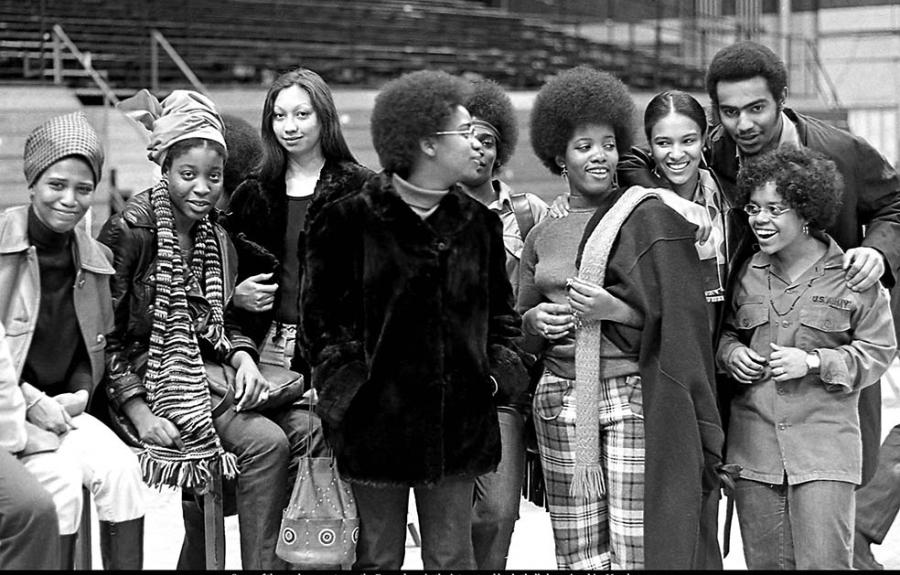In the 21st century and nearly 50 years after its inception, the Africana Studies & Research Center (ASRC) remains committed to continuing academic innovation while sustaining our ongoing commitments to activism and community engagement. The ASRC continues as a site of critical and theoretical dialogue related to the study of Black people in Africa and her diasporas and we have few peers in the exploration of topics such as: gender, literary theory, sexuality, youth cultures, art, education, the black radical tradition, ecology and the environment, and political thought. The department, whose work is enhanced by its John Henrik Clarke Library, is a model for what Africana Studies looks like in the 21st century.
In recent years, our commitment to scholarship and community engagement is evident in the ways our faculty develop programs, community events, and projects related to topics such as: the prison industrial complex, the crisis of Darfur in Sudan, race and the presidency, academic labor, the black radical intellectual tradition, The
Black Lives Matter movement, and the overall topic of race and policing. In these ways, the ASRC extends the teaching and learning opportunities that we provide in both our undergraduate and graduate classrooms, service learning projects, and community initiatives from classrooms to communities and from local to transnational contexts.

